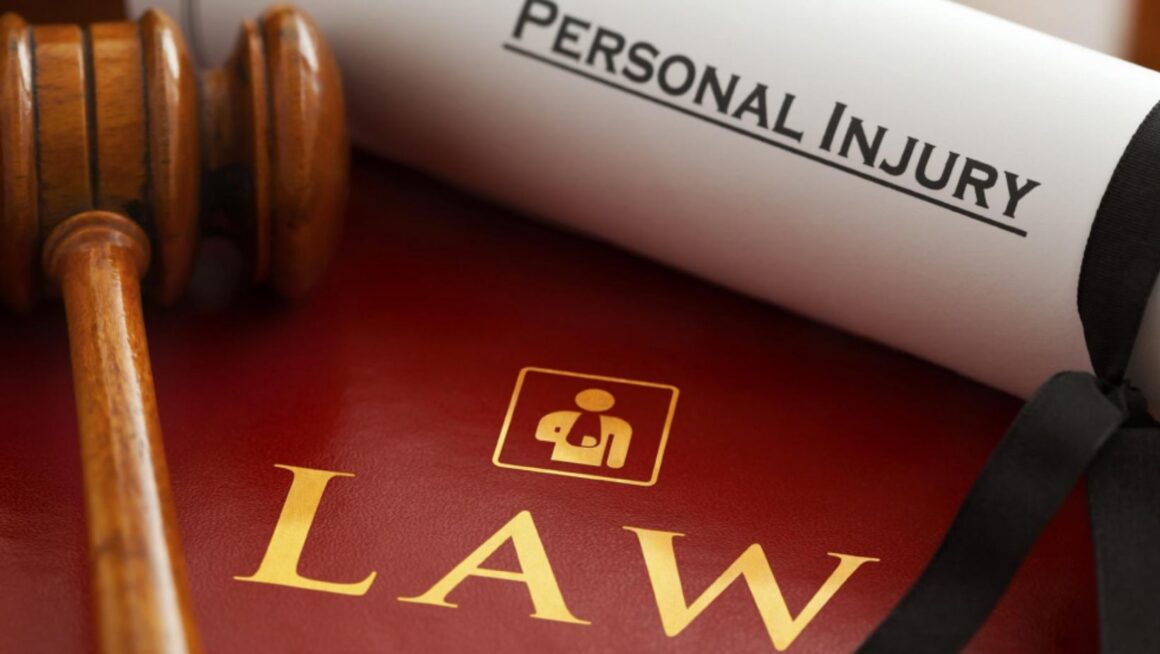Dealing with a preexisting condition in a personal injury claim can be complex and challenging. Insurance companies may use preexisting conditions as grounds to minimize or deny compensation. Legal assistance is crucial in navigating these cases, as experienced attorneys understand how to accurately represent your injury’s impact and argue for fair compensation.
Experienced personal injury attorneys understand that preexisting conditions can significantly impact a claim. These legal professionals recognize that conditions like chronic back pain or previous surgeries don’t disqualify you from seeking compensation. They’re well-versed in the “eggshell plaintiff doctrine,” which holds defendants responsible for aggravating existing health issues.
Skilled lawyers work diligently to gather precise medical evidence, demonstrating how the incident exacerbated your condition. These lawyers will handle the complexities of your case by drawing on their experience, making sure you get just compensation for the defendant’s actions.
Proving Aggravation of a Preexisting Condition
One of the central challenges in a PI claim involving a preexisting condition is proving that the incident worsened your existing health issues. This is often referred to as “causation.”
For example, if you had a degenerative disc condition but sustained further spinal injuries in an accident, your claim should reflect how the new injuries aggravated the pre-existing issue.
Medical records are critical to demonstrating this link. The level of the aggravation can be determined with the aid of clear documentation from medical professionals both before and after the incident. Insurance companies may dispute the findings or claim that the condition would have worsened regardless of the accident. Legal professionals can work alongside medical experts to counter such defenses.
Dealing with the Full Compensation Rule
The “full compensation rule” protects individuals with preexisting conditions by holding the at-fault party responsible for the harm they cause, even if the plaintiff was already vulnerable to injury.
For instance, if an accident exacerbated your arthritis, the defendant could still be liable for the increased pain and mobility issues.

This rule does not automatically guarantee success. It often requires nuanced arguments and compelling evidence to show how the defendant’s actions worsen your condition. With skilled legal guidance, the application of this rule can be managed.
Challenges You May Face Without Legal Assistance
Attempting to handle a PI claim involving preexisting conditions on your own is risky. Your medical history will probably be examined by insurance adjusters, who are trained to reduce compensation. Missteps, such as incomplete documentation or vague explanations about your injuries, can significantly weaken your claim.
You may also face complex legal doctrines that require in-depth understanding. For instance, distinguishing between the “eggshell plaintiff doctrine” and unrelated health deterioration demands not only legal knowledge but also a strategic approach to presenting evidence.
Why Legal Assistance Matters
A knowledgeable personal injury lawyer can guarantee that your claim is processed appropriately and that you get fair compensation for your losses.

They will evaluate your case and gather critical evidence and counterarguments designed to undermine your claim. An attorney can liaise with medical experts to present a clear and compelling case regarding the impact of the incident on your preexisting condition.
Final Thoughts
Dealing with a preexisting condition in a PI claim adds layers of complexity that can be difficult to navigate alone. From establishing causation to countering insurance company tactics, every aspect requires precision and expertise. Getting legal help improves the chances of a just outcome while also strengthening your case.



